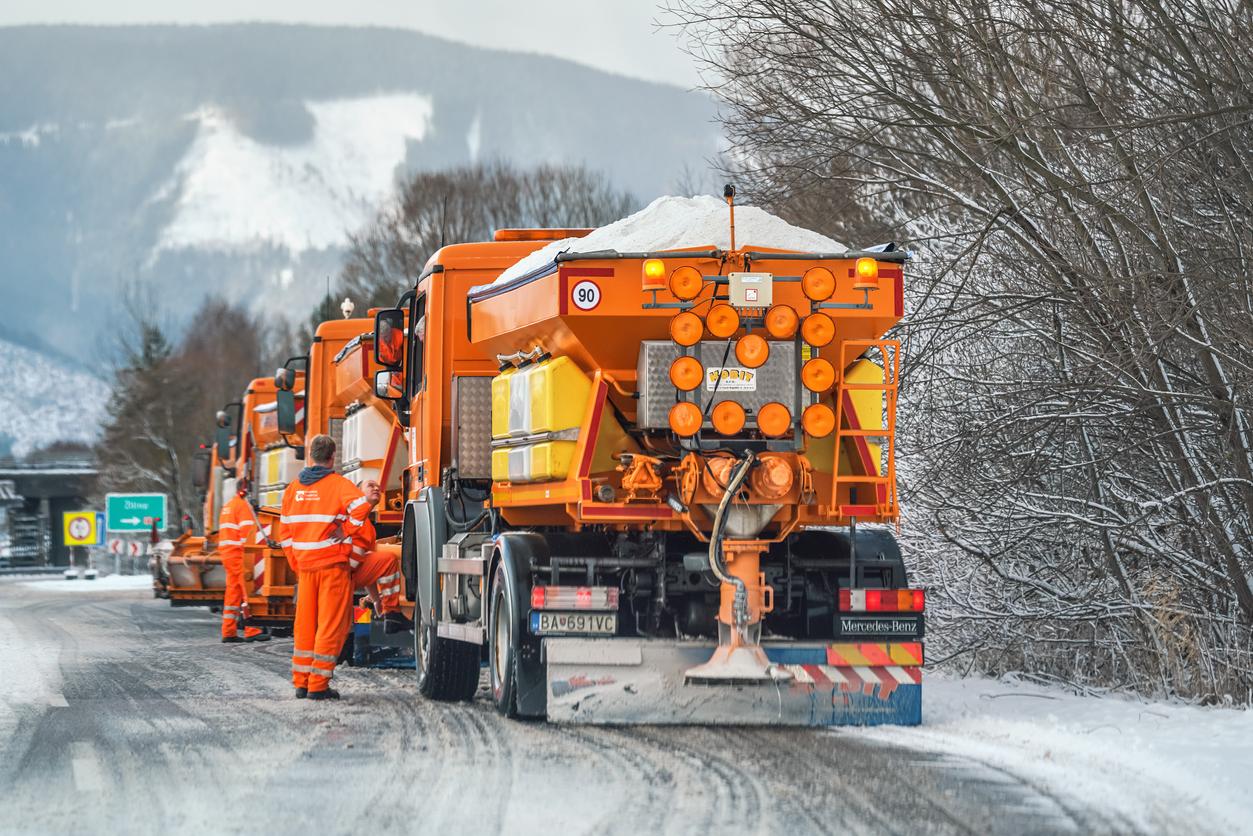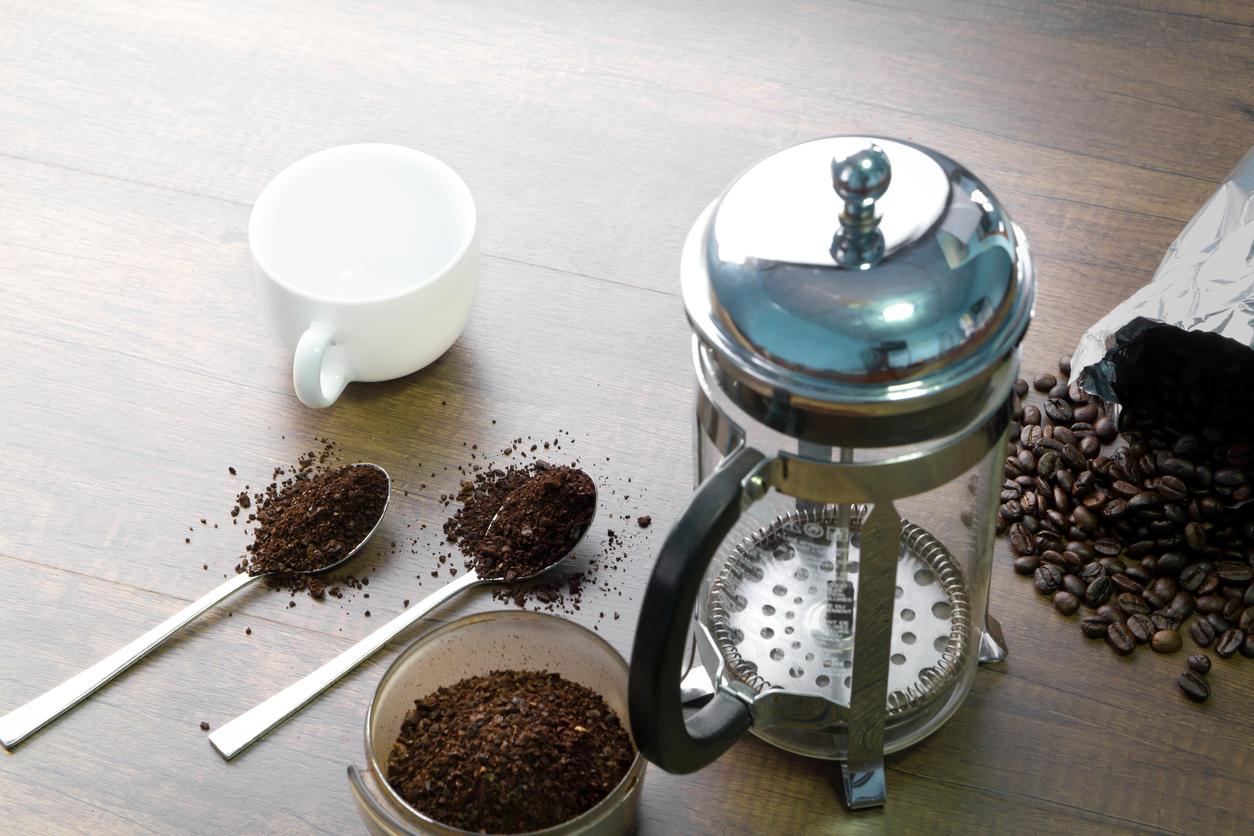Dealing With Some Rough Winter Weather? Try These Sustainable Alternatives to Driveway Salt
Published Jan. 4 2023, 12:18 p.m. ET

It’s not unusual to find out that something we use regularly is bad for the environment. Sometimes, there’s not much we can do about it, but other times, we have the ability to choose a more eco-friendly option — which is exactly the case when it comes to driveway salt.
There are a lot of alternatives to driveway salt to choose from. Not only are they better for our planet, but they are usually more affordable and convenient. In fact, you might even have some of these alternatives already on hand.
What’s the problem with driveway salt?

If you live somewhere with rough winter weather, you’re probably no stranger to driveway salt or road salt — it’s practically a necessity during the cold season. But just because we need it and use it, doesn’t mean that it’s the best solution out there, especially in terms of the environment.
According to the Environmental Protection Agency (EPA), the type of salt used on driveways and roads can contaminate drinking water, endanger animals, damage property, and cause soil erosion to increase. It might seem impossible that salt can cause this much harm, but it’s used on such a large scale that the effects are pretty impactful. Every year, Massachusetts uses almost half a million tons of road salt — if that’s how much just a single state uses, imagine how much the U.S. uses in total.
Of course, driveway salt is extremely effective and cheap, hence why it’s widely used. The problem is that the pros might not outweigh the cons. Because while it’s true that it’s cheap and effective, there’s one thing that’s not included in the cost: its effect on the environment.
The EPA explained: “High sodium levels in drinking water affect people with high blood pressure, and high chloride levels in surface waters are toxic to some fish, bugs, and amphibians. Furthermore, excess road salt accumulates on roadside areas killing roadside plants and harming wildlife that eat the salt crystals.”
Using driveway salt isn’t worth the hidden costs. Luckily, there are other alternatives we can use instead.
Here’s what you can use instead of driveway salt:

There are a lot of unlikely things that can be used to de-ice driveways and roads. EcoWatch suggests trying out coffee grounds, alfalfa meal, sugar beet juice, and grape skin compounds — some of which you might already have at home. If you’re a coffee drinker, this is a great and convenient way to put your grounds to use. The nitrogen in the coffee helps with melting the ice.
On top of being a great natural fertilizer, alfalfa meal can also melt ice. In addition to the ice-melting nitrogen, this product provides more traction on slick surfaces as well. While sugar beet juice is a slightly less effective alternative, EcoWatch explained, it’s still a safer method of de-icing surfaces.
Using grape skin compounds is probably one you haven’t heard of before, but it’s a pretty exciting alternative as it’s very effective and doesn’t produce waste. According to EcoWatch, grape skin compounds have the ability to melt ice faster than conventional driveway and road salt. Hopefully, with more research, this method can be implemented around the U.S.
If you’re able to, using these alternatives can make a difference. Even if you can only do it sometimes, reducing the overall amount of conventional driveway salt we use is a great start.